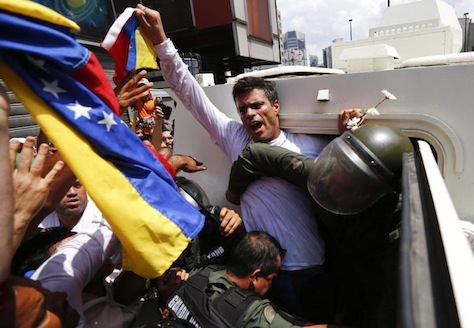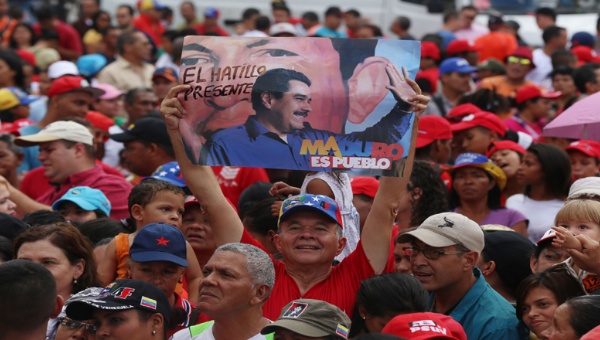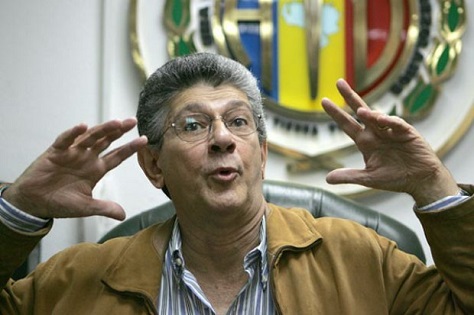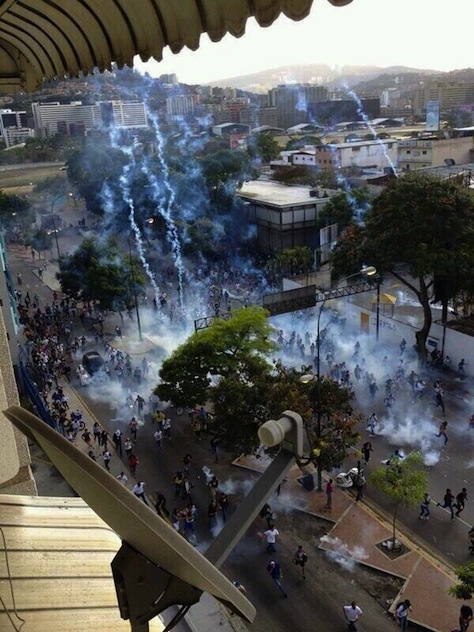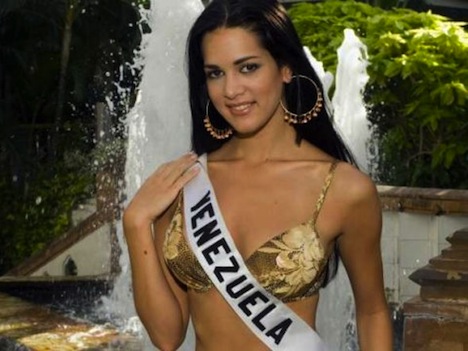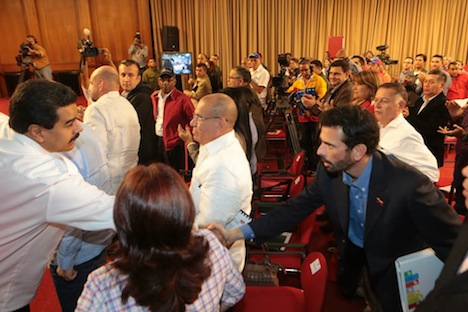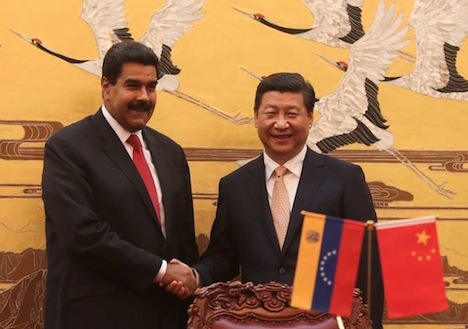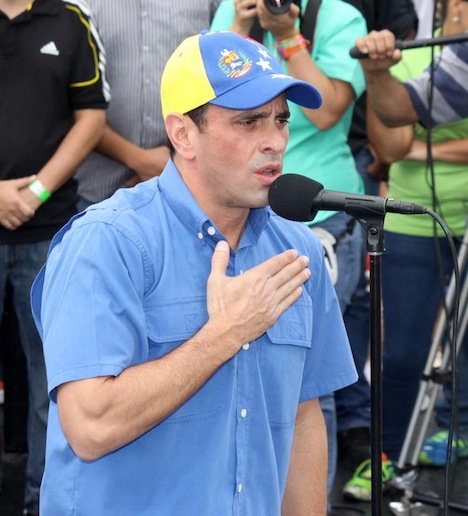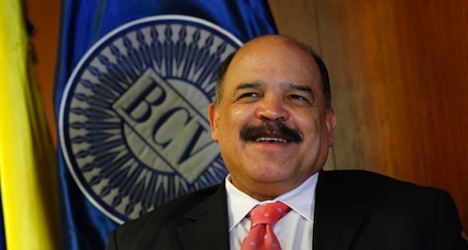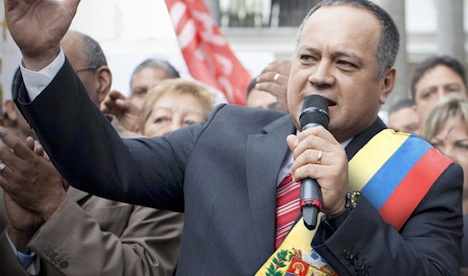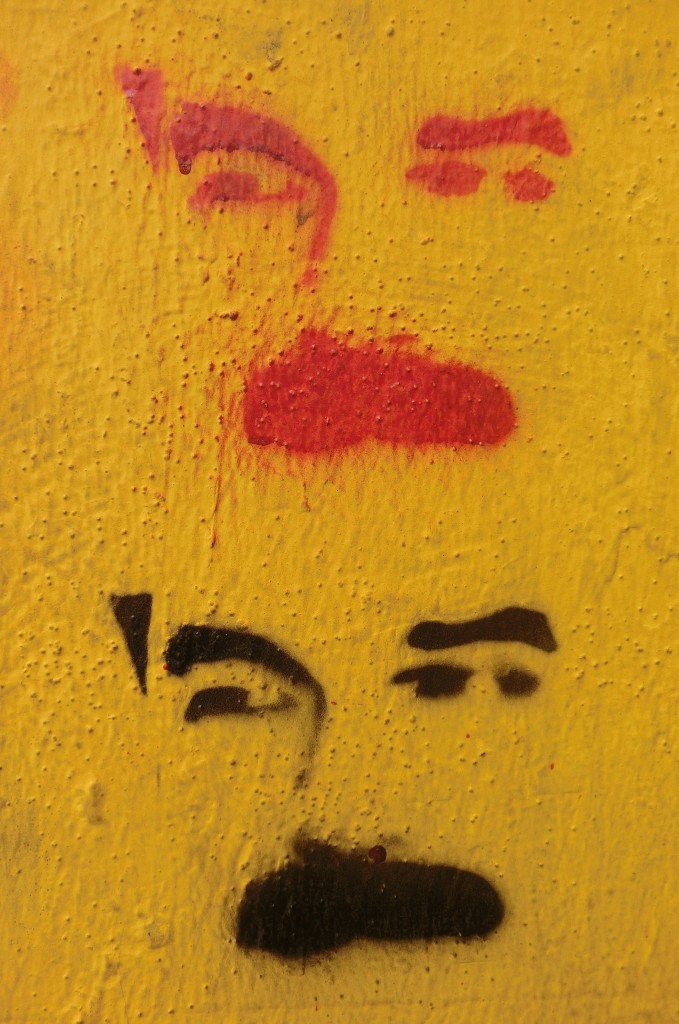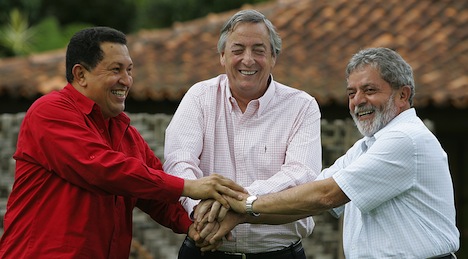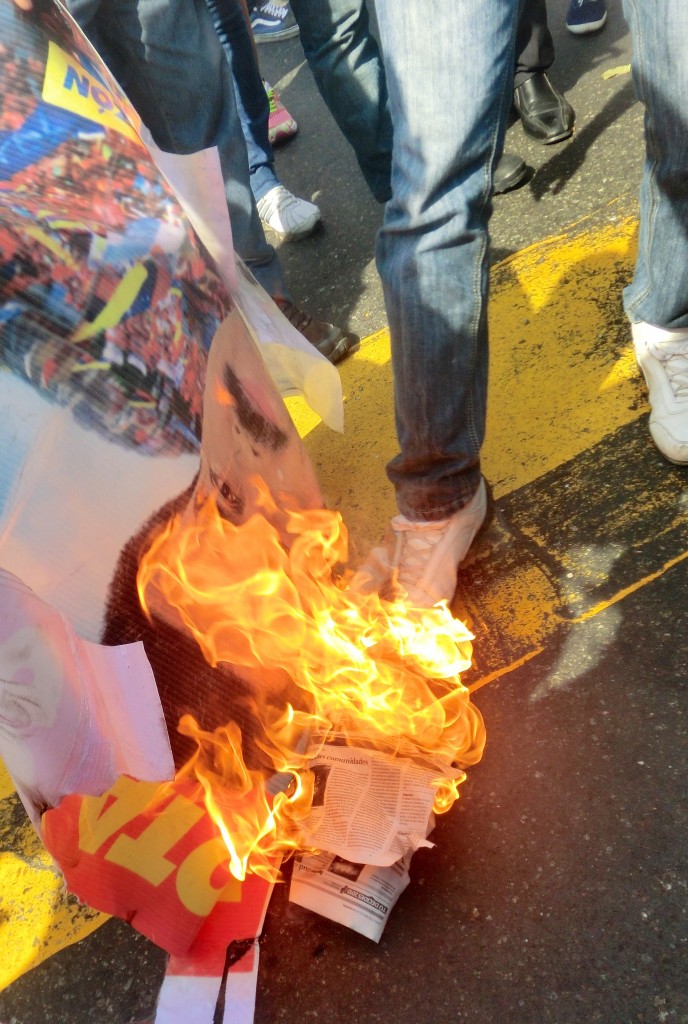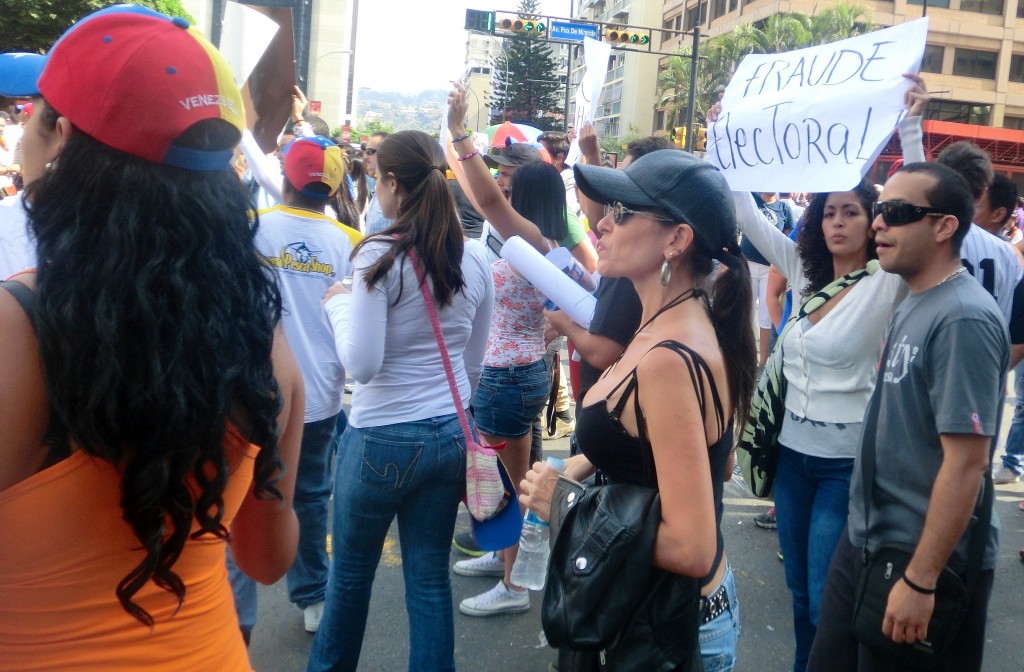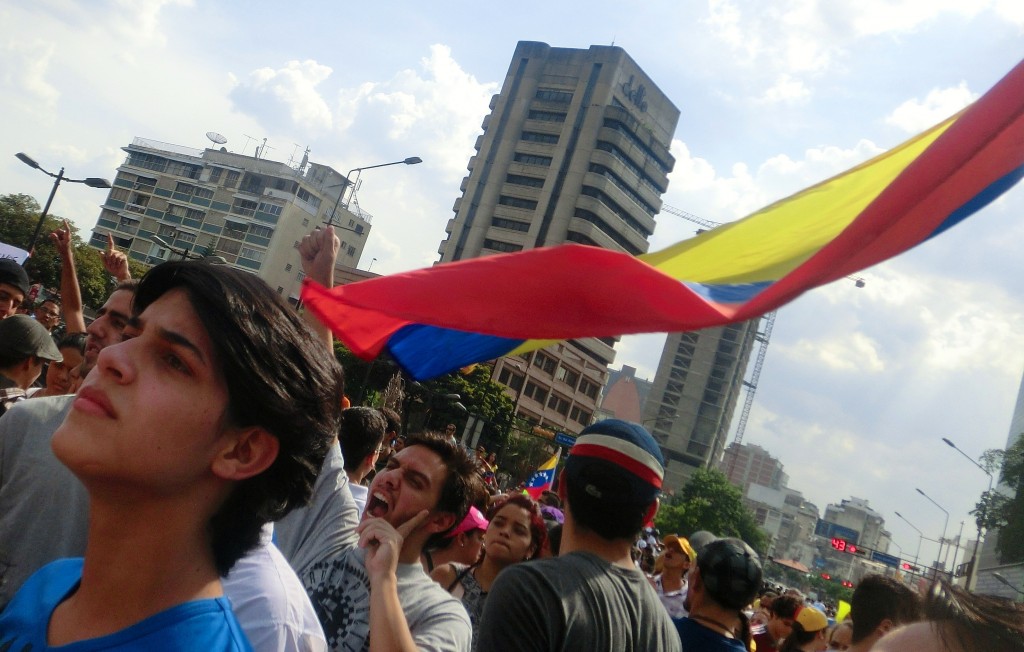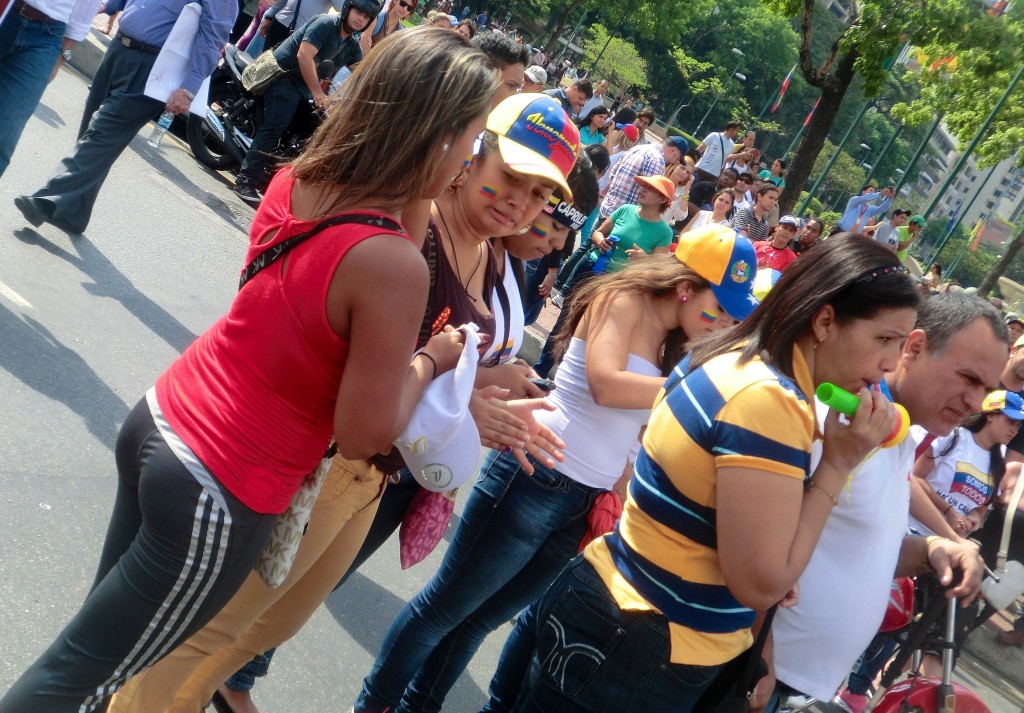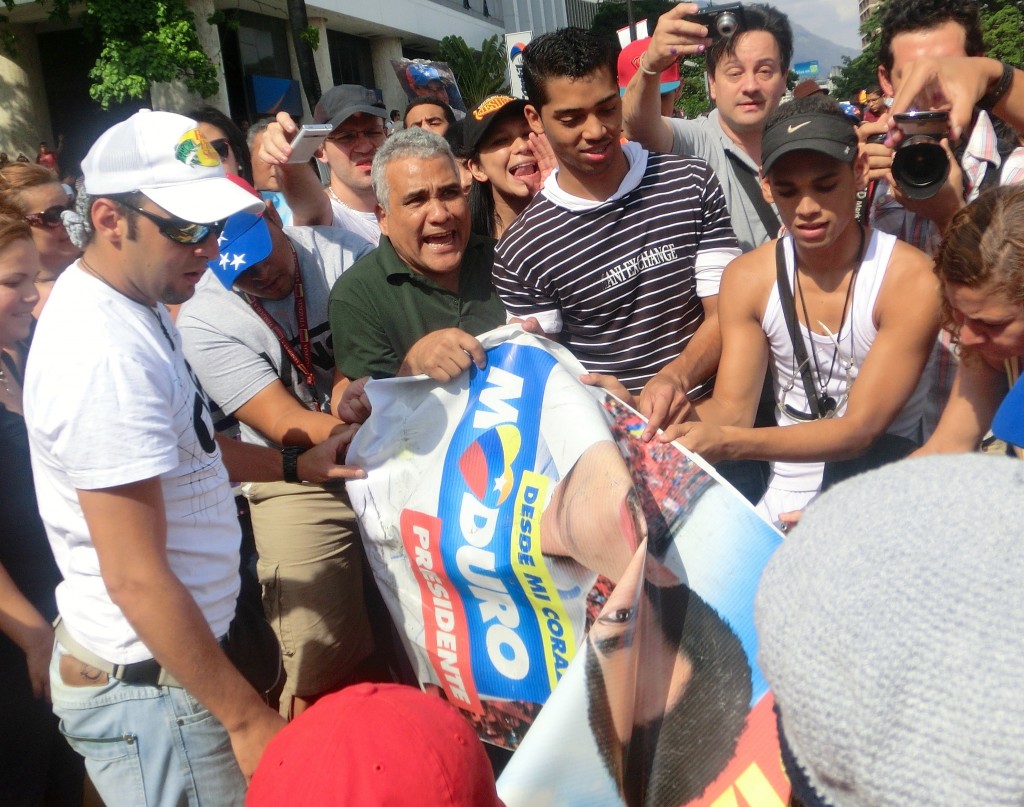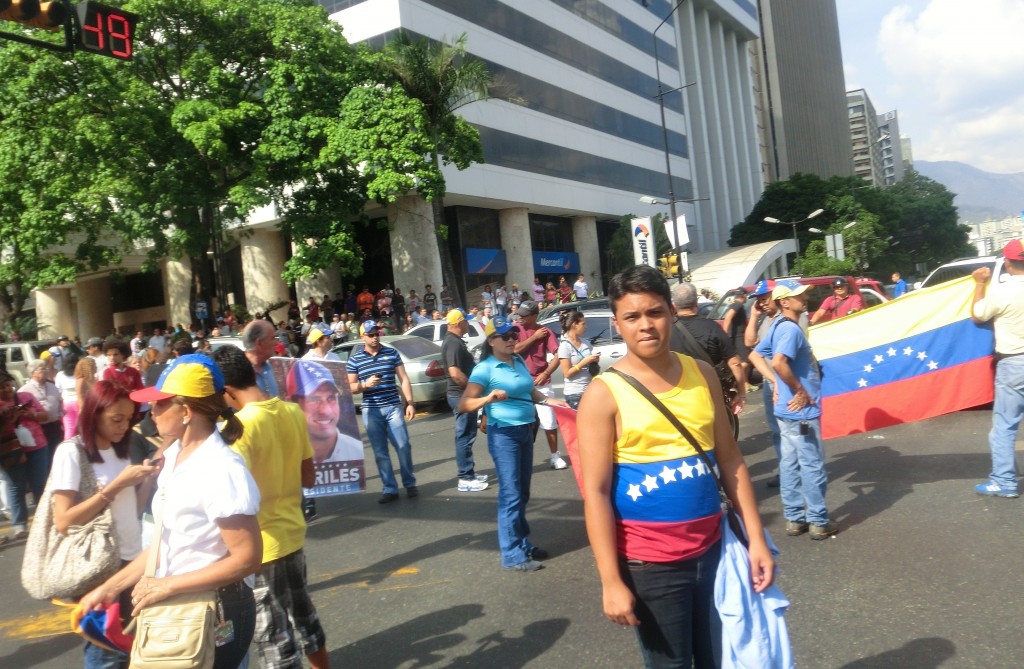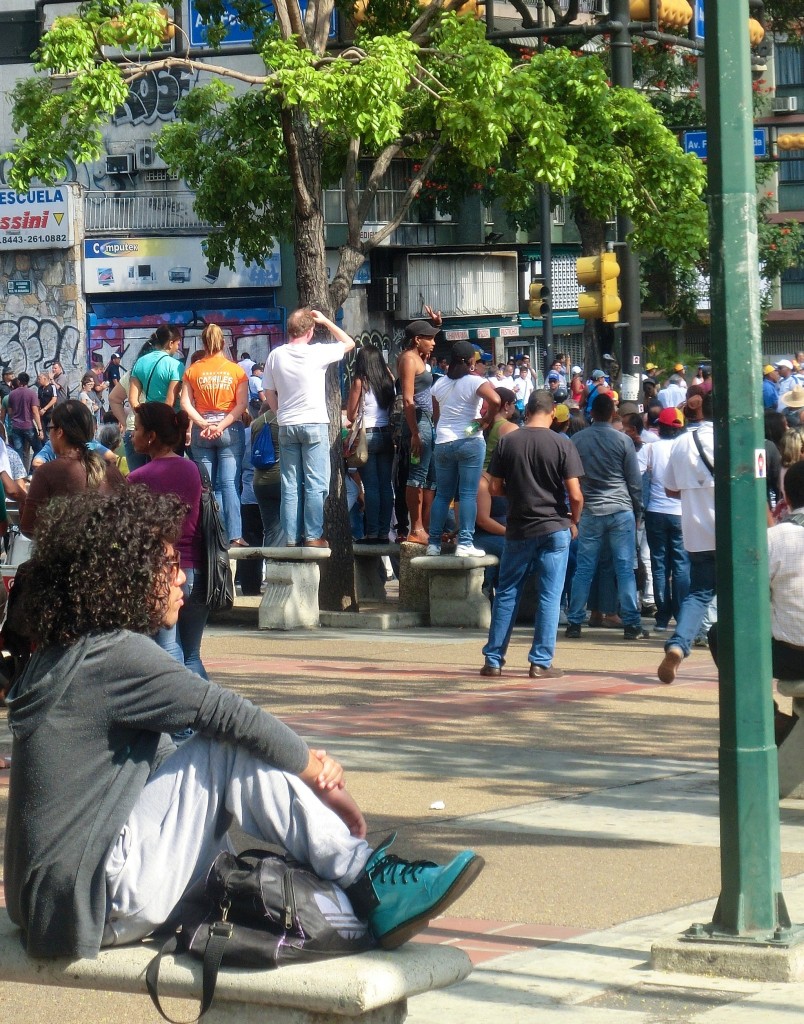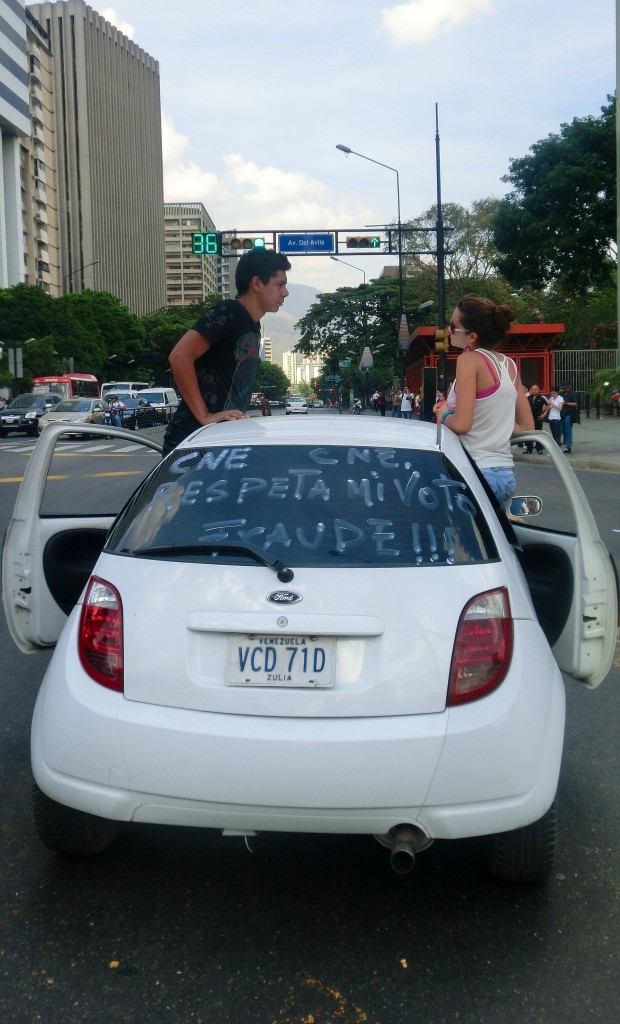Here’s a piece I wrote for an LGBT website on the Caracas gay scene a couple of weeks ago– and how the election season put a damper on exploring Caracas’s nightlife. It’s not my typical foreign policy analysis, but perhaps some of you will enjoy it nonetheless if you ever find yourselves with a free night in Venezuela’s capital.
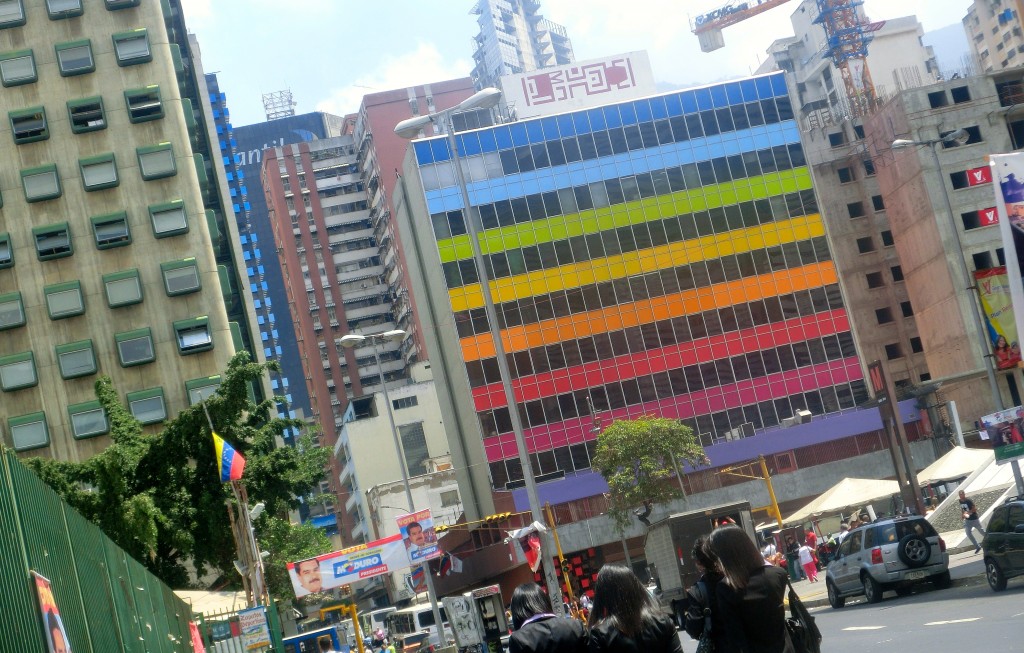
* * * *
CARACAS, Venezuela — Perched in a valley of a mountain range that runs along the Caribbean coast on the northern rim of South America, Caracas isn’t exactly the first thing you think of when you think gay destination.
But you’d be surprised at how much fun life could be in the capital of the Bolivarian Republic — Sean Penn can’t be completely wrong, right?
My chief obstacle was the ley seca, the dry law that went into effect at 6 p.m. Friday night in advance of last Sunday’s election. Nothing kills a South American party faster than public teetotaling, though Venezuelans had figured how to circumvent that law fairly discreetly after a similar dry spell following the death of former president Hugo Chávez and another during semana santa (Holy Week). But the state of things left nightlife a bit more subdued than it would have otherwise been.
Being stuck in Caracas during election season isn’t all bad, though. In a society that now, more than ever, is incredibly political polarized, gay life is one of the few parts of Venezuelan society where chavistas — the followers of Chávez and his successor, president-elect Nicolás Maduro — mix with opposition supporters.
Unlike in the United States, both sides court the gay demographic, and early in the most recent campaign, opposition candidate Henrique Capriles lashed out at Maduro for using homophobic language to slur Capriles (he’s called Capriles a ‘little princess’), arguing that there’s no place for the kind of machismo language that ostracizes and excludes gay Venezuelans. Despite Maduro’s language, the Venezuelan government hasn’t been wholly bad for LGBT rights. Chávez’s 1999 constitution attempted to include language banning discrimination on the basis of sexual orientation, though Chávez in 1999 outlawed discrimination by statute.
Capriles, for the record, is fairly easy on the eyes and incredibly fit, in contrast to either Maduro or Chávez. He’s also single, though he’s been linked to numerous women in the past, so don’t get any ideas.
Notwithstanding the pre-election ley seca, and the post-election tension, which continues even now to threaten Venezuela’s political stability, I still found some time to see the best of gay Caracas while covering the election and its policy issues.
Don’t expect Buenos Aires or Rio — Caracas isn’t a hard-dancing party town. Instead, expect a surprisingly sophisticated mixed scene — the term in Caracas for the more gay-friendly scene is ‘en ambiente,’ but really the entire neighborhoods of Altamira and Chacao, as some of Caracas’s safest neighborhoods, come alive with a chill scene at night. Forget what you’ve heard about the ‘murder capital’ of the world — Altamira and Chacao are walkable by night with the precautions you’d use in New York or Los Angeles.
I was lucky to have Julian Eduardo — a.k.a Stayfree — to show me around town. He’s an icon of gay life in Caracas as one of the first Venezuelans to come out publicly, and he was for a while one of the hosts of a popular television show, ‘Noches de perros,’ making him one of the first openly gay figures on Venezuelan television. He said that Caracas has become increasingly sensitive to LGBT issues over the past decade. Though gay life in Venezuela may not be as out and proud as in countries like Argentina and Uruguay, which have both enacted gay marriage (Uruguay did so last week), gay life in Venezuela is a mellow thing, especially in the capital.
So, for instance, check out Puto Bar, which is Chacao’s answer to a hipster dive with great music, cheap drinks and a fun mixed, en ambiente scene where there’s usually even more action outside among the smoking area than inside with the night’s live set. There were quite a few boys with some assets worth, ahem, expropriating, faster than you can say ‘Mister Danger.’ Continue reading Gettin’ Raucous in Caracas →
![]()
